卡丽娜的服装
Karina’s suit
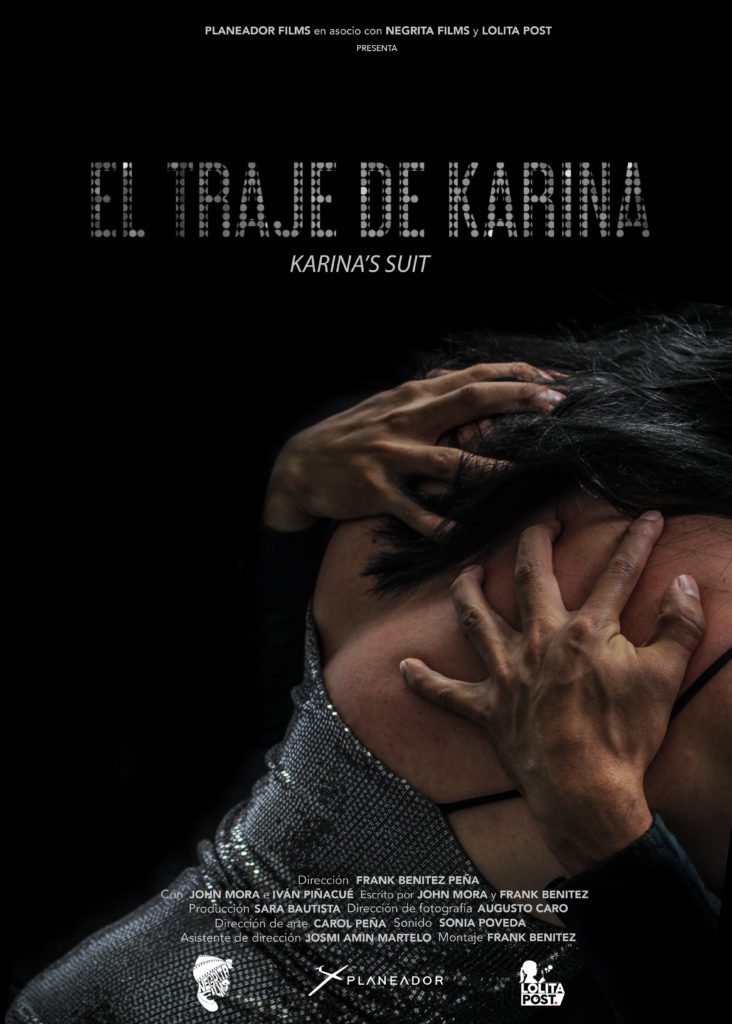
导演|弗兰克·贝尼特兹
编剧|约翰·莫拉
主演| 约翰·莫拉、伊万·皮纳库
制片人|莎拉·鲍蒂斯塔
摄影|奥古斯托·卡罗
类型|短片
时长|20分钟
完成时间|2021年
对白语言|西班牙语
字幕|英语
地区|哥伦比亚
制片公司|滑翔机电影公司
故事梗概
缪特的表妹卡丽娜是一名从事性工作的跨性别女性。这一天,缪特来到城里,想要说服卡里娜回到老家探望病重的母亲。唯一的条件是:卡瑞娜必须打扮成男孩,因为她的母亲永远不会接受她孩子的新身份。
导演介绍
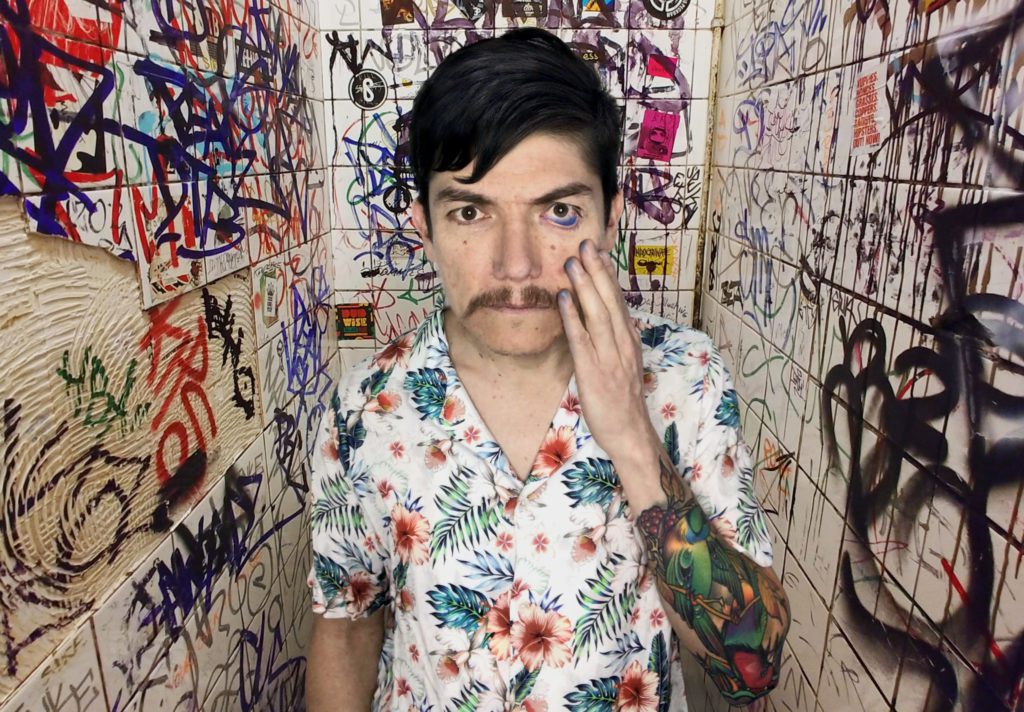
弗兰克·贝尼特兹于哥伦比亚国立大学电影学院,并获得了编剧硕士学位,后任教于哥伦比亚外事大学,教授电影制作。同时,他也是滑翔机电影公司的创始人和导演,自2010年以来创作多部获奖短片。
弗兰克·贝尼特兹的作品:
专题纪录片:
《黑豹》(后期制作中)
短片:
2021年《卡丽娜的服装》
2018年《逃亡者》
2012年《娃娃》
2012年《我害怕》
2011年《200分钟》
导演阐述
《卡丽娜的服装》的创作灵感来源于编剧兼演员约翰·莫拉与该故事的原型卡丽娜的一次会面。卡丽娜被养育自己的村庄所歧视和排斥。在短暂的会面中,卡丽娜找到了一个自由、不被评判的空间来展现她的人生经历。约翰和卡丽娜的会面非常随意,甚至都没有一次正式的告别。卡瑞娜回到了她的村庄,一段时间后,约翰便失去了与她的所有联系。
把卡丽娜的故事改编成短片的想法也伴随着一个两难的问题:影片中的跨性别角色能否由一个非跨性别的演员饰演?这一问题引发了多次讨论。讨论的最终结果是,大部分人坚信顺性别者无法饰演跨性别者(无论男女)——让一个男人来饰演跨性别女人只会强化该女性其实是男性的叙事。考虑到跨性别者一直在为得到社会认可、做自己身体的主人而抗争,这一论点是十分有力的。
但对我来说,最切实的论点是关于代表的问题,或者更确切地说,是关于虚构的问题。我认为虚构不应该被条条框框所限,虚构作品中的代表不应被视为一种关照现实的方法,而应被视为美学、艺术等方面的纯粹代表。无论演员有什么样的性别身份或性取向,我们都需要捍卫他们在小说中扮演他们想要的角色的可能性。他们在其代表的宇宙中表现如何,则是另一个问题。
一开始,约翰就申请饰演主角卡丽娜,因为他与卡丽娜有过亲密交谈,并且他也是剧本的最初作者,同时也是一名专业演员。在准备工作中,约翰不仅需要了解卡丽娜的世界,还要向同一社区的其他跨性别女性寻求建议——这些女性并不觉得自己被冒犯,相反,她们表现出了对约翰的支持。其中一个名叫瓦莱里娅·加西亚的女孩甚至同意出演这部短片。
卡丽娜这一角色超越了她的外表。她的内心时常模棱两可、充满矛盾,她的力量更多地存在于她的内心,而不是她那强烈、难以捉摸的外貌。她有时会怀疑自己,但当她的弱点出现时,她又会证明自己。她有意识的目标、战斗和生存混杂着无意识的回归。她对母亲又爱又恨,她重返故居的目的也是想要和她的母亲再次交谈,与母亲和解,让她明白自己作为卡丽娜的身份,同时仍然还是母亲的女儿。显然,《卡丽娜的服装》是一个带着失败基调的回归故事,但这只是卡丽娜的改变以及彻底弄清自己是谁的准备工作。
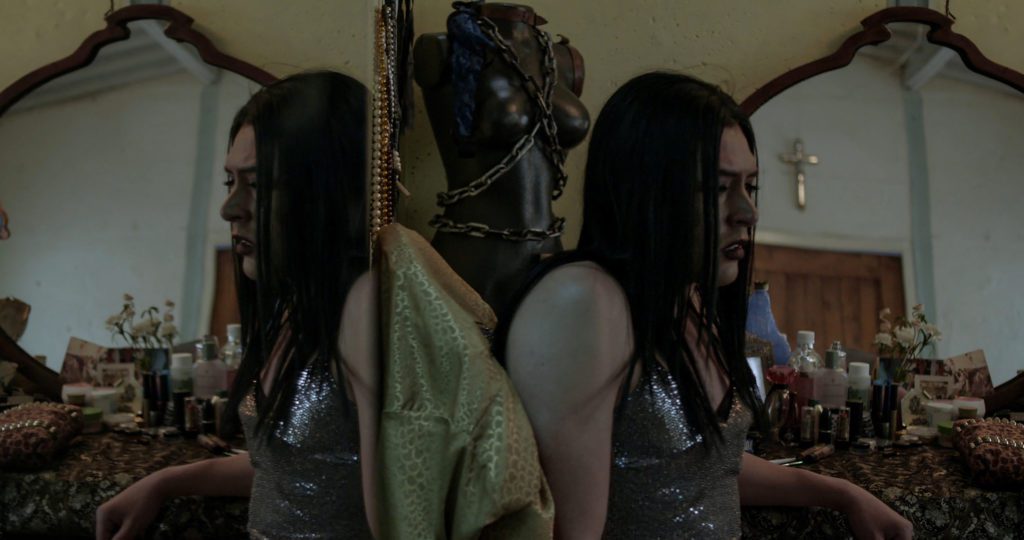
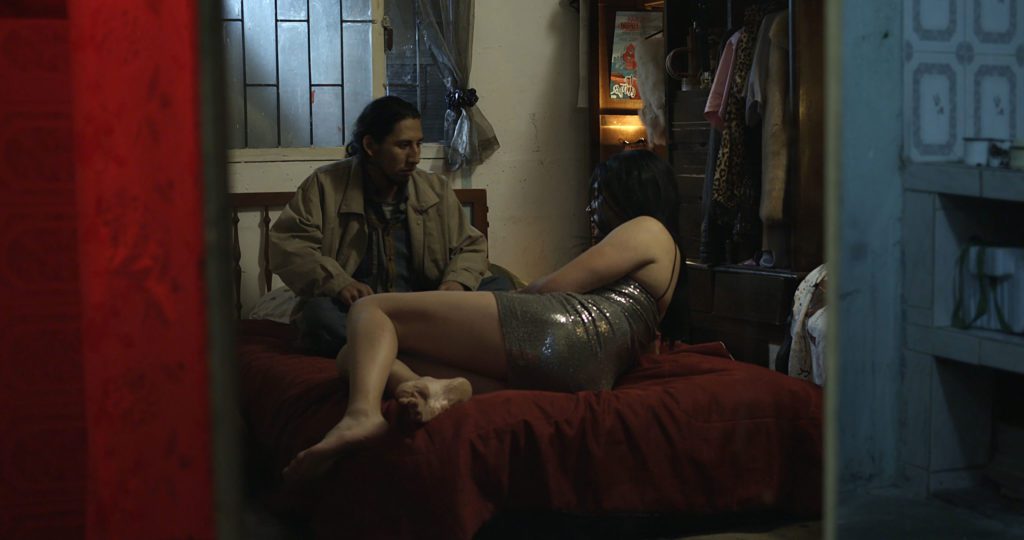
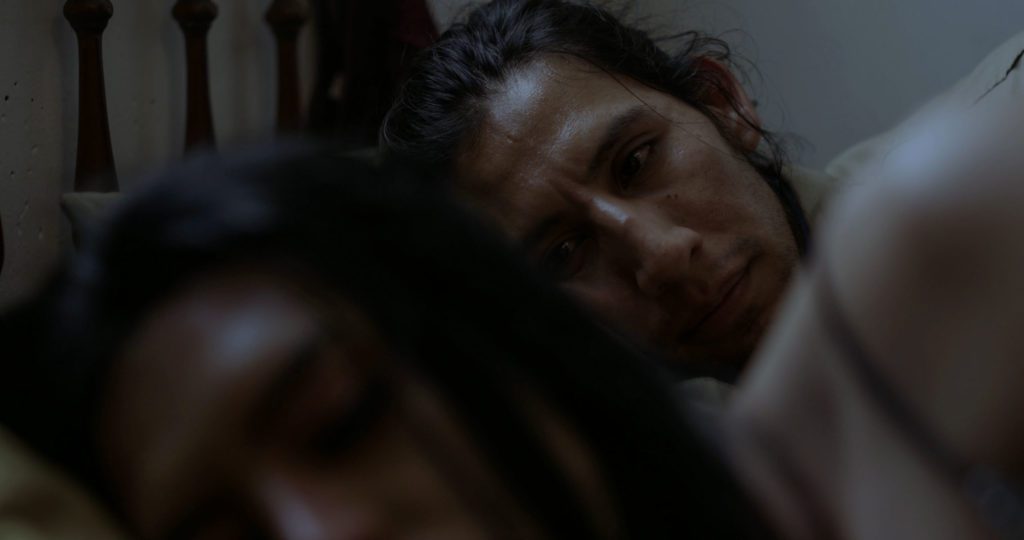
Director|Frank Benitez
Screenwriter|John Mora
Cast|John Alexander Mora, Iván Piñacué
Producer|Sara Bautista
Cinematographer|Augusto Caro
Genre|Short film
Length|20min
Year|2021
Dialogue|Spanish
Subtitles|English
Region|Colombia
Production Company|Planeador Films
Synopsis
Muete travels to the city to visit his cousin Karina, a transgender woman that does sex work. Muete tries to convince her to return to their town because her mother is very ill. The only condition: Karina has to dress as a boy, as her mother would never accept her child’s new identity.
Director Biography
A graduate of the National University of Colombia Film School with a master degree in scriptwriting. Teacher of filmmaking at El Externado University in Colombia. Founder and director of Planeador Films, producing several award-winning short films since 2010.
Filmography:
“El Pantera” (Feature- documentary) in post-production
“Karina’s suit” (Short) 2021
“Fugitives” (Short) 2018
“Muñeca” (Short) 2012
“I’m scared” (Short) 2012
“Minuto 200” (Short). 2011
Director’s Statement
Karina’s suit arose from a meeting between John Mora, co-writer and actor, and the woman who inspired this story. During the brief time that their friendship lasted, she, a person originally from the province and discriminated by her social context, found a space of freedom to reveal some of her experiences without being judged. As casual as their meeting was, so was their farewell; Karina returned to her village, and some time after, John lost all contact with her.
With the idea of turning one of Karina’s stories into a short fiction film, a dilemma also arose: could a character, in this case, a transgender character, be performed by an actor/actress who is not transgender? Multiple discussions have taken place around this, and voices are raised that firmly believe that the role of a trans, man or woman, cannot be performed by cisgender people; that a man performing a trans woman, would only reinforce the narrative that the woman is actually a man. It’s a valid argument, especially thinking about the struggle of trans people to be recognized as their own in their bodies.
But for me, the most valid argument has to do with the issue of representation, or rather, with fiction, since I believe that it should not have restrictions. Representation in fiction should be judged not as an approach to a reality, but as representation itself, in aesthetic, artistic, etc. terms. It is about to defend the possibility of people who have acting as a profession, regardless of their gender identity or sexual orientation, to perform the role they want in fiction. Whether they do it badly or well within the represented universe, that is another discussion.
From the beginning, John applied for the leading role because of the closeness he had had with Karina, also because he was the initial writer of the script, and obviously because of his profession. His preparation consisted not only in getting to know Karina’s world, but also in seeking advice from other trans women from the same community; women who never felt disrespected and who, on the contrary, showed their support; one of them, Valeria García, even agreed to appear in the film.
Karina’s character goes beyond her appearance, she is someone with ambiguities and contradictions, with a strength that lies more in her inner self than in her violent and unstable surface. She sometimes doubts, but proves herself as her weaknesses appear. Her conscious objective, fighting and surviving, is mixed with the unconscious one of returning, and that return also has to do with talking to her mother again, whom she loves and hates, reconciling with her, making her understand that she is Karina, and that she is still her daughter. Karina’s suit is a story apparently about a return with a tone of defeat, but it is only Karina’s change and the preparation to make clear, once and for all, who she is.
